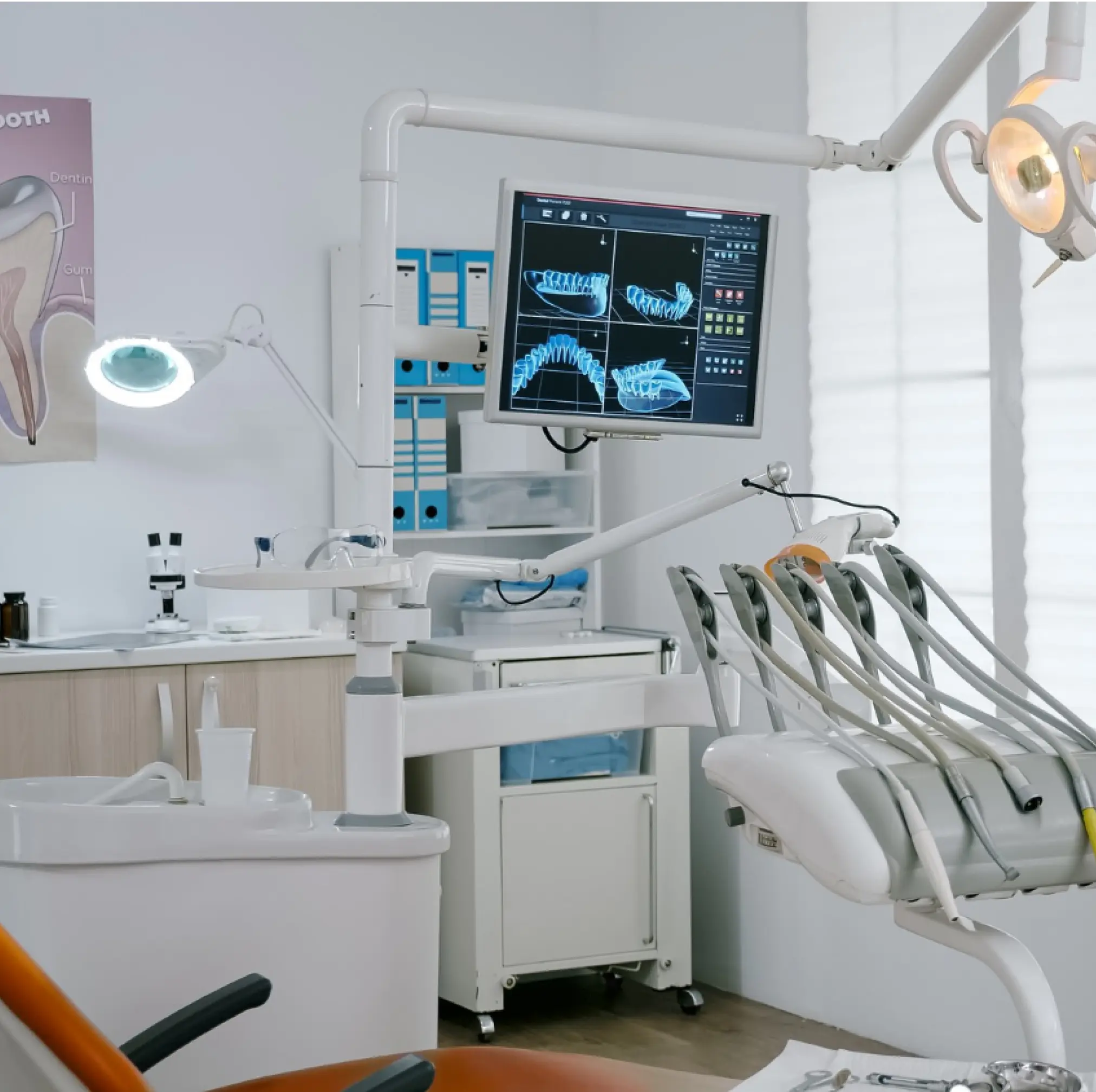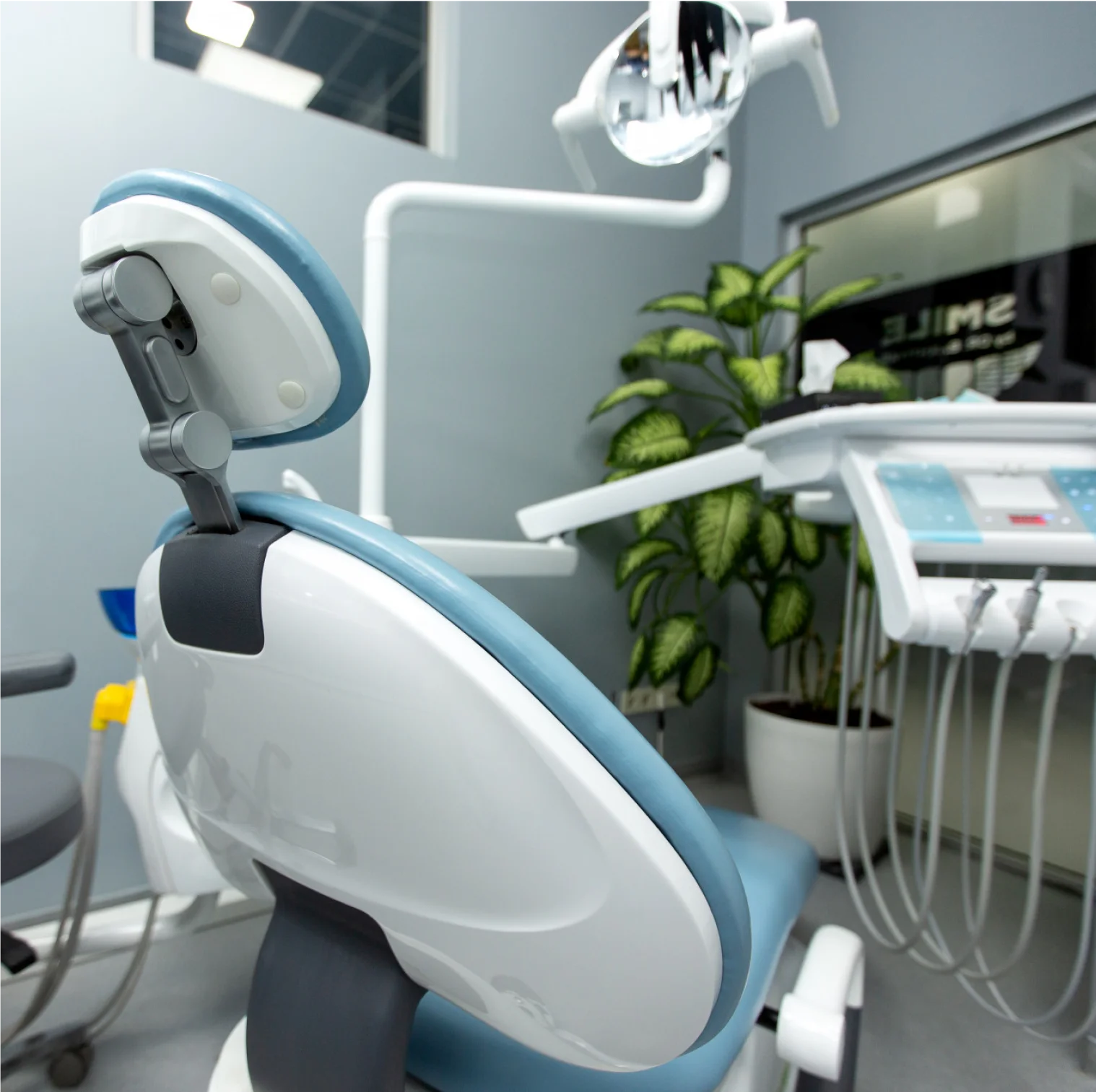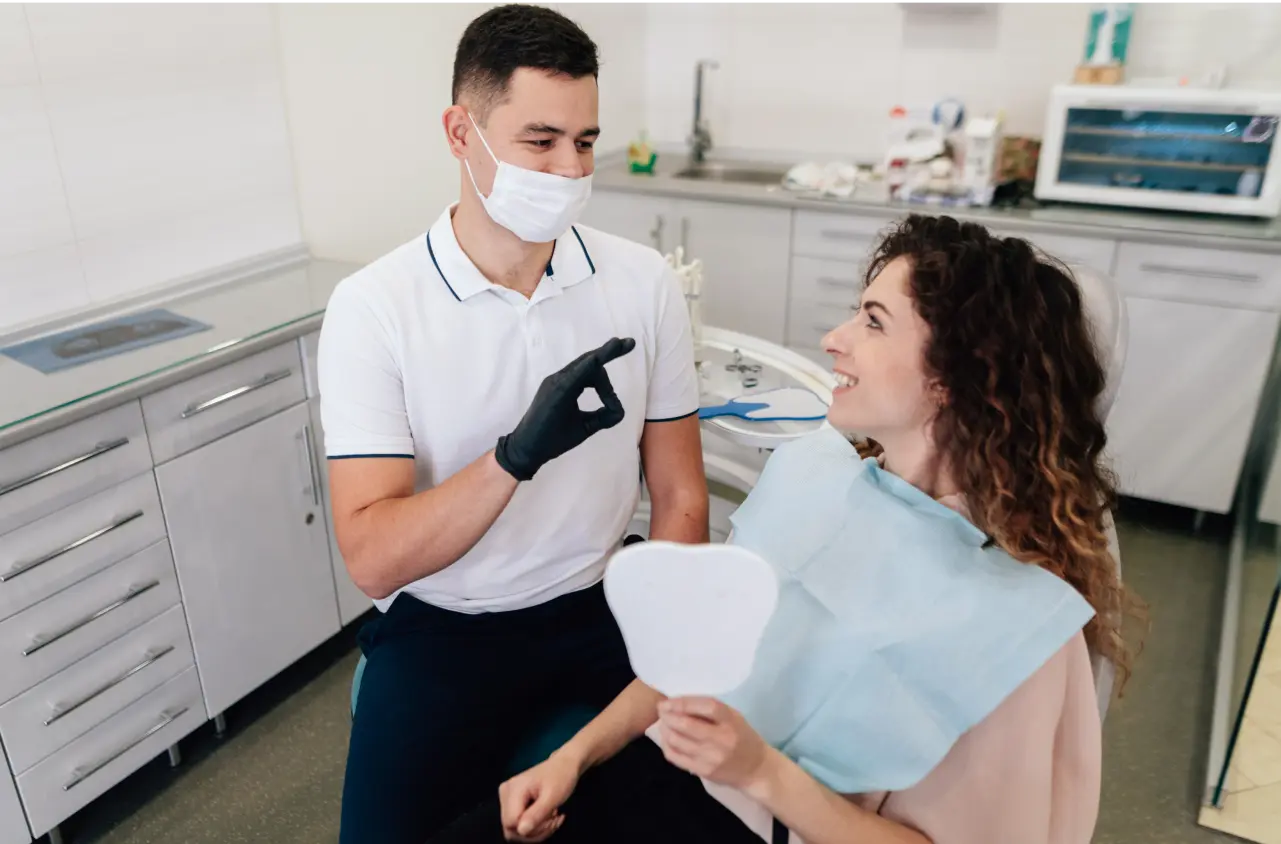Durable Enough to Last a Lifetime
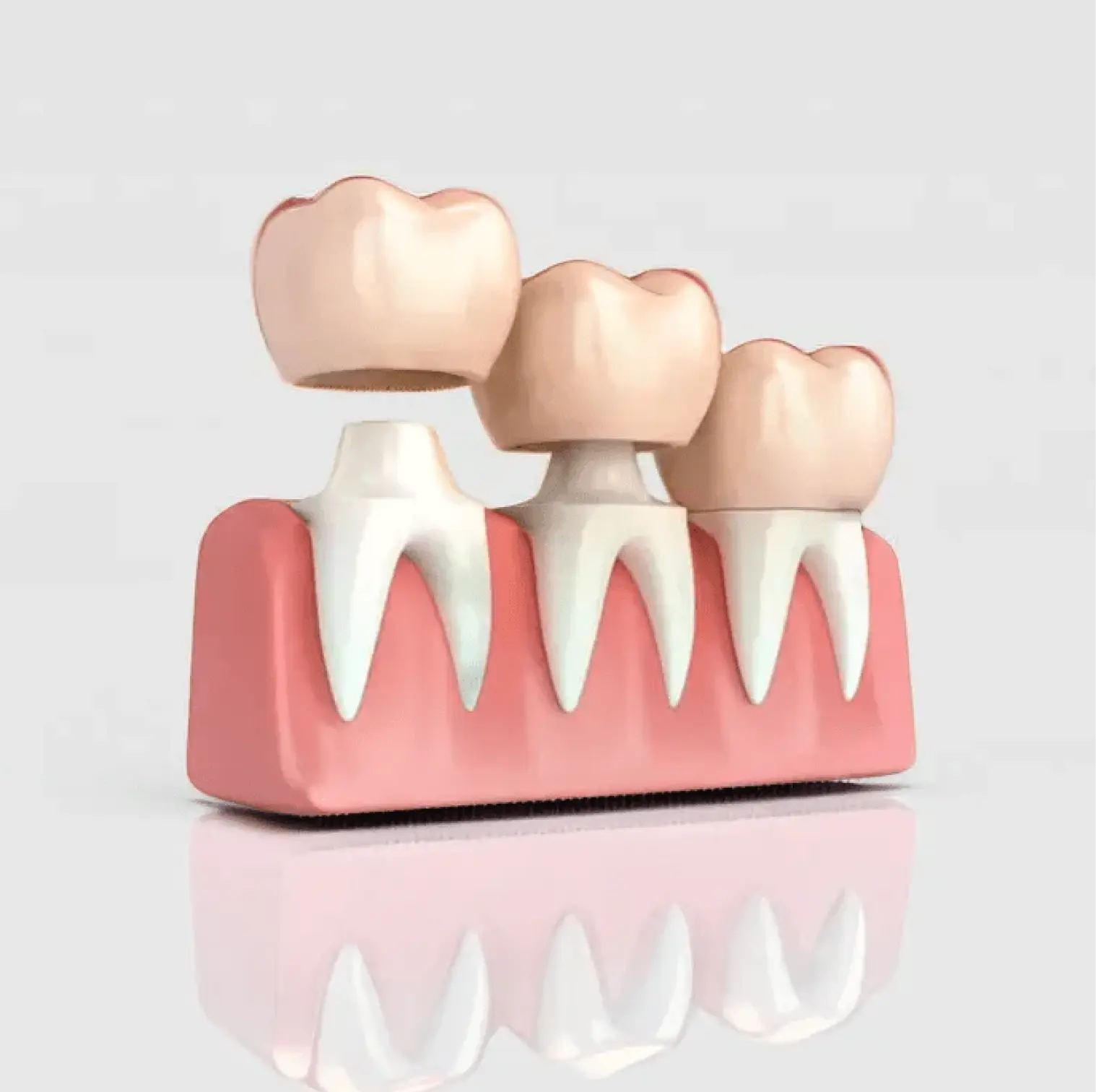
Our dental crowns are designed to blend seamlessly with your natural teeth, giving you a beautiful, cohesive smile.
Dental Crowns Services
Each crown is tailored to fit perfectly, ensuring comfort and functionality.
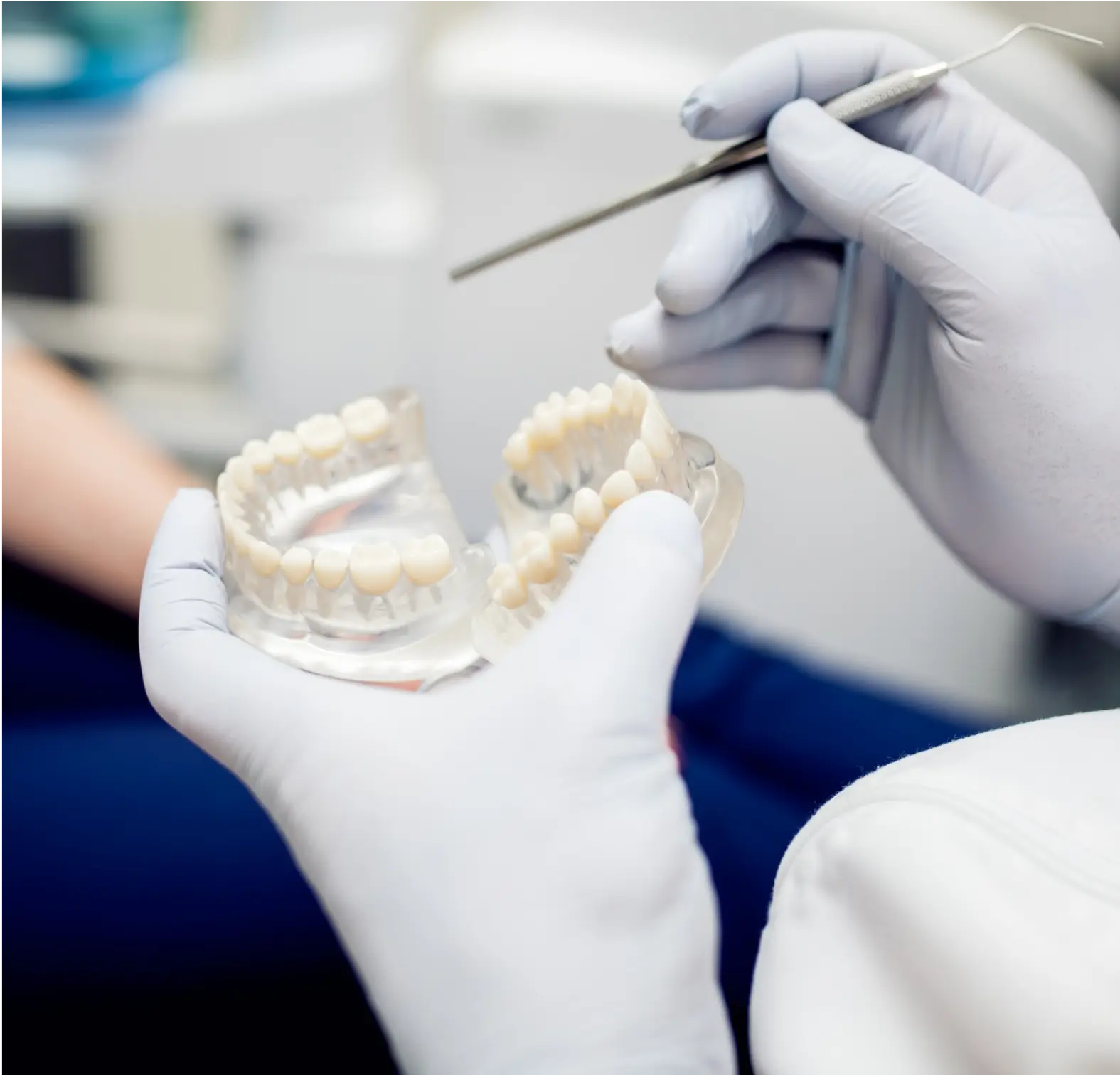
What are Dental Crowns?
Are you asking yourself, do I really need a dental crowns? Dental crowns in Dubai can cost you more but they can extend the lifetime of your tooth for many more years to come. It provides a tough surface to your tooth so that you can chew and smile without hesitation. It is pertinent to note that dental crowns also help in the management of teeth hypersensitivity problems. At Dr. Paul’s Dental Clinic, our prosthodontist in Dubai does her best to preserve your natural teeth and restore their functionality with our dental crowns and bridges treatment.
Typically glued with dental cement, they protect, cover, and reinstitute the shape of a damaged natural tooth after treatment. Crowns are made of metals, ceramics, porcelain fused to metal, zirconia, and resin. No matter the extent of the damage, your natural teeth can last a lifetime with the right prosthodontic treatment in UAE. We offer ceramic and metal crowns from several international companies like Empress Emax from Ivoclar Vivadent USA, Procera from Noble Biocare, Sweden, and Zirconia. We provide the best Dental Crowns in Dubai. Modern crowns are durable and should last for many years if taken care of properly.
Our experienced team provides meticulous care, from initial consultation to final fitting, ensuring the best results for your dental health.
What are the Steps in Getting a Dental Crown?
After preliminary evaluation, our doctors will suggest the right type of crown for you. This will vary according to your current tooth condition as well as your preferences based on the cost and esthetics.
For a root canal-treated tooth that needs a crown, the tooth is first filed down to the desired shape, this is called crown preparation. Appropriate measurement of the tooth preparation and the surrounding gum is then made. The shade selection is done at this stage. The crown is then lab- fabricated. You will have a trial session to verify the fit, aesthetics and contacts of the crown. If everything goes well, the crown is then bonded to your tooth using dental cement. Minor corrections may be required at the time of the trial, which needs to be rectified before fixing.
A temporary crown may be placed on the day of your crown preparation to protect the prepared tooth and help you eat till your next appointment. It also prevents sensitivity in the case of a non-root treated tooth. The materials used to design the crown are based on patients’ dental health and preferences.
At Dr. Paul’s, we provide the following crown options:
Read More
Why Choose Us?
You can count on Dr. Paul’s Dental Clinic, Dubai as your trusted dental partner in the maintenance of your dental well-being. We evaluate and review your teeth before recommending a crown. Our prosthodontic specialists will take the time to explain the costs and the full treatment plan before we embark on the process. Do come and visit us if you require a second opinion about having a dental crown.


Book an Appointment
With Your Doctor NOW!
Don’t wait to transform your smile. Reach out to us today and discover the benefits of dental crowns at Dr. Paul’s Dental Clinic!
Other Services
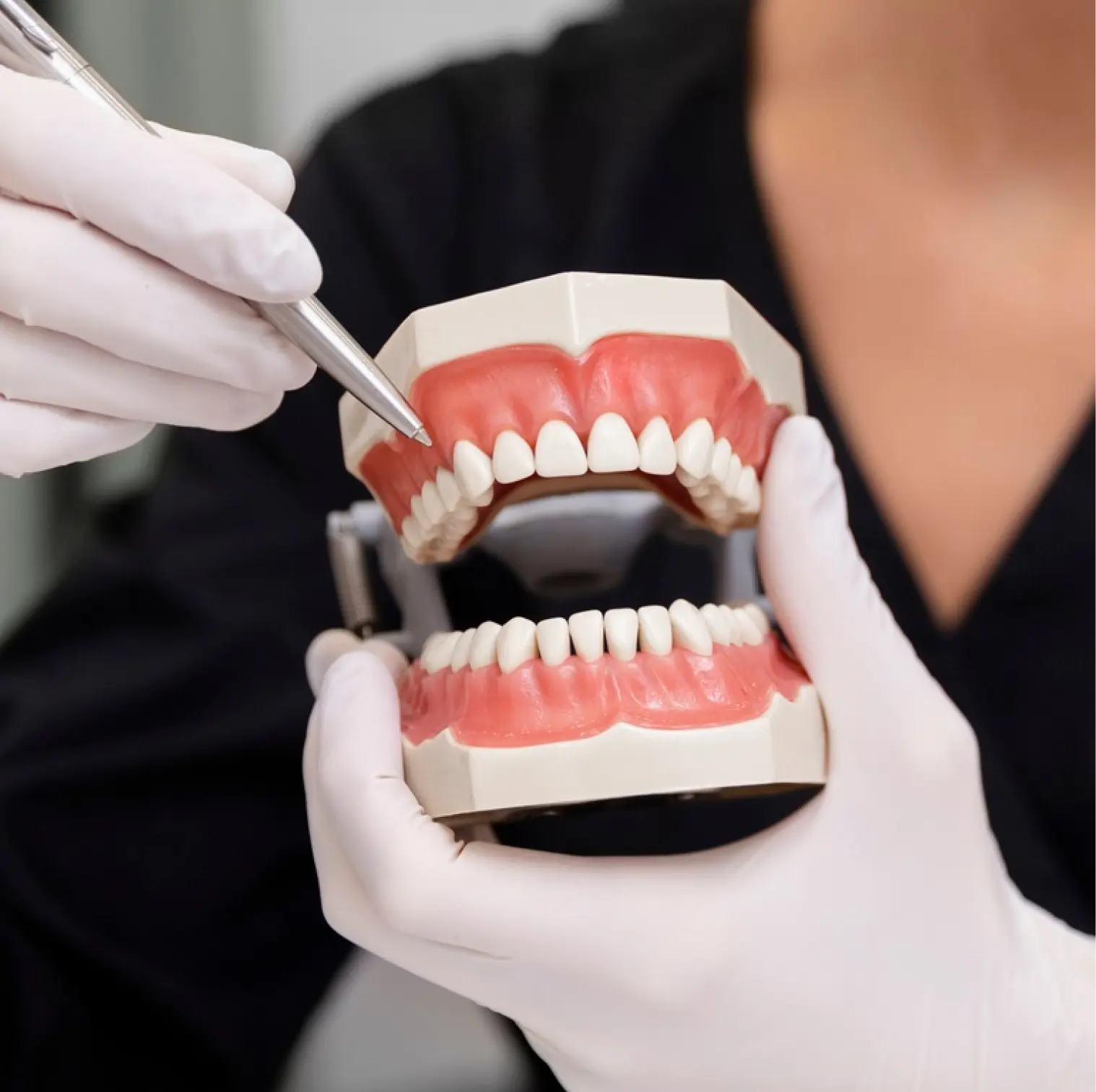
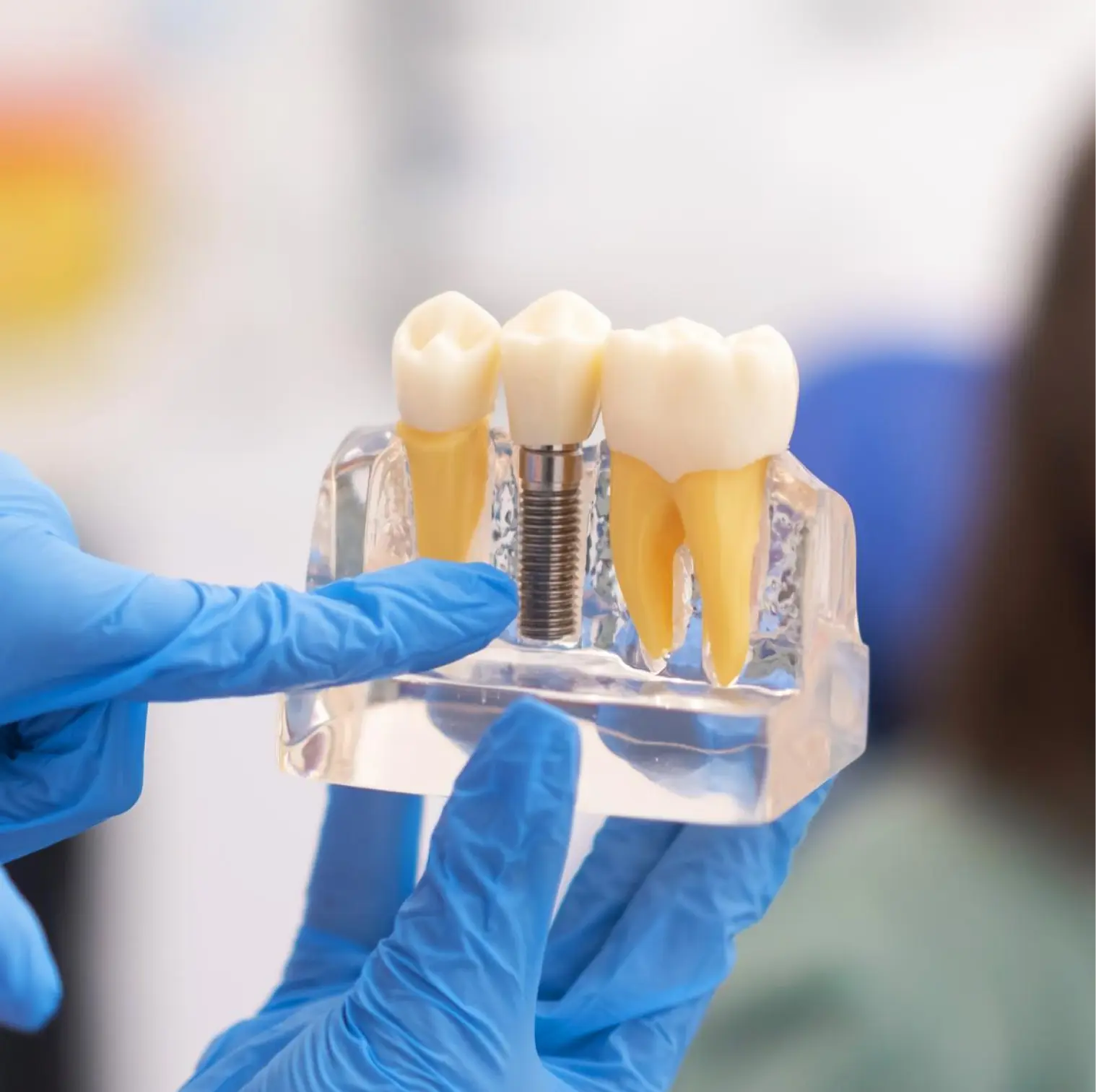
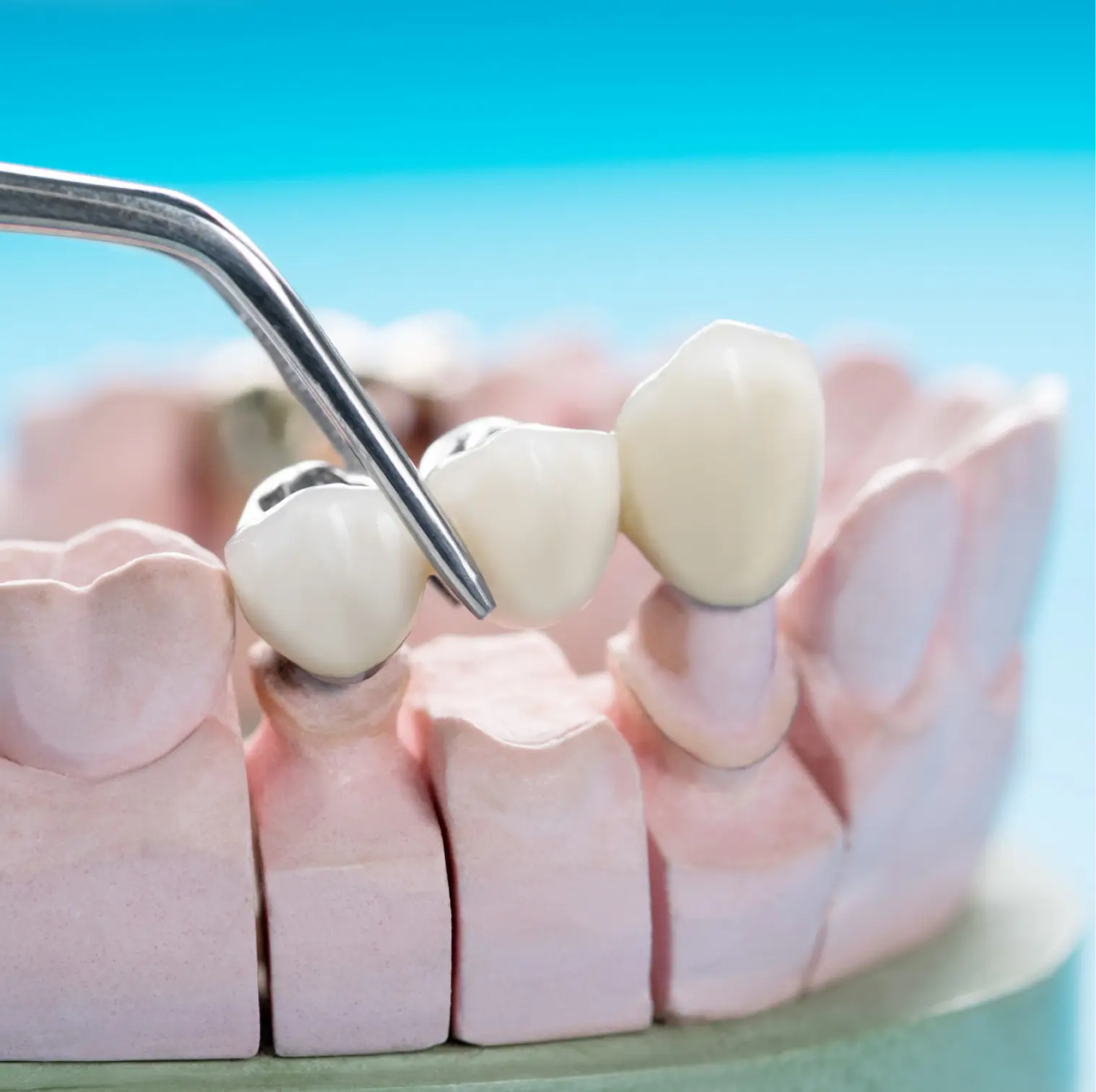
We Accept Insurances From











FAQs
How do I take care of dental crowns?
Follow these tips to take good care of your dental crowns.
- Avoid sticky and tough food
- Floss and brush regularly
- Use mouthwashes and interdental brushes
- Avoid bad habits like bottle opening, biting your nails, chewing on ice cubes and pencil.
- Use a nightguard if you have bruxism
- An oral irrigator can be used as an adjunct to brushing.
- Schedule regular follow up checkups with your dentist
What are the benefits of getting a dental crown?
At Dr Paul’s, we recommend dental crowns for the following reasons:
- To protect your tooth from further damage
- As a replacement for a large dental filling
- To mask your disfigured tooth, improve shape and colour
- Over a dental implant
- To create fullness to a broken tooth
- To protect a tooth after root canal treatment
- Manage teeth hypersensitivity problems
Can food get trapped under a crown?
Crowns that are not snuggly fitting can cause food to get trapped beneath it leading to tooth decay and gum disease. Also, if a crown does not have a tight contact with the adjacent natural tooth there is always a possibility of food impaction leading to decay and gum disease. Consult your dentist for more information.
Have a crown that hurts while biting down. Why?
This may be due to a high occlusion or misalignment of the crown. There is also a possibility of an infection of the subjected tooth, which is giving you the pain. Meet your dentist as early as possible.
Does the procedure of crown preparation hurt?
Getting a crown does not hurt. The region will be numbed first. The procedure will be virtually painless and comfortable from the first visit to the last. Always talk to your doctor about your concern.
Why do I need to get a crown after a root canal treatment?
A crown need not be given after a root canal procedure if the bulk of the tooth remains. However, it is worth mentioning that a root canal treated tooth is brittle and will require reinforcement to aid in the structural integrity and prevent further damage. Having a crown in place will help you chew safely and improves the chances of tooth survival.
What to do if a crown falls off?
To re-fix a crown permanently, you will have to visit your dentist. The first step at the dental office will be to remove any cement remnants from the inside of the crown. It is then bonded to your tooth with dental cement. As a temporary solution till you meet your dentist, you can use any temporary glue for dental purposes to place the crown back. Meanwhile, to protect the tooth stump make sure to not chew on hard food items with the affected side of your mouth.
Can old crowns be replaced by new ones?
Yes, it is possible to replace old crowns if they are damaged or simply because you are not satisfied with their appearance. First, your dentist will remove the old crown, check the health of your tooth stump and advise necessary treatments if needed. The rest of the procedure would be the same.
Can I get an allergy from a dental crown?
It is rare to get an allergy from a dental crown. Metal crowns are fabricated with an alloy of metals including Nickel, Chromium, and Beryllium which may be the reason for your allergy. Talk to your dentist if you suspect this. Switch to a metal-free crown instead.
Why do I have an unesthetic grey line along the gumline of my PFM crown?
This typically occurs with an aging crown. One of the problems of a PFM crown is the visibility of the metal margin along its edges when the gum recedes. This is particularly unsightly in the case of an anterior tooth crown. The ideal choice would be to get your crown replaced by a qualified dentist.
How should I care for my temporary crowns?
- Avoid hard, sticky, and chewy food
- Minimize the use of that side of the mouth while chewing
- While flossing, slide it out through the contacts rather than snaping it out.
How long does a dental crown last?
Dental crowns on average can last from 5-15 years. The life of the crown depends on how you take care of it – bad habits, poor oral hygiene, and bruxism can lead to the wear and tear of your crown, shortening its life.
Book an Appointment With Your Doctor NOW!
Ready for a brighter smile? Schedule your appointment with Dr. Paul’s Dental Clinic today and experience exceptional dental care.
